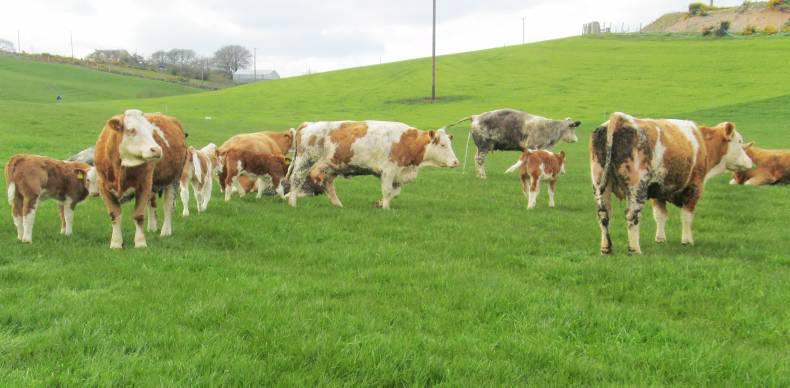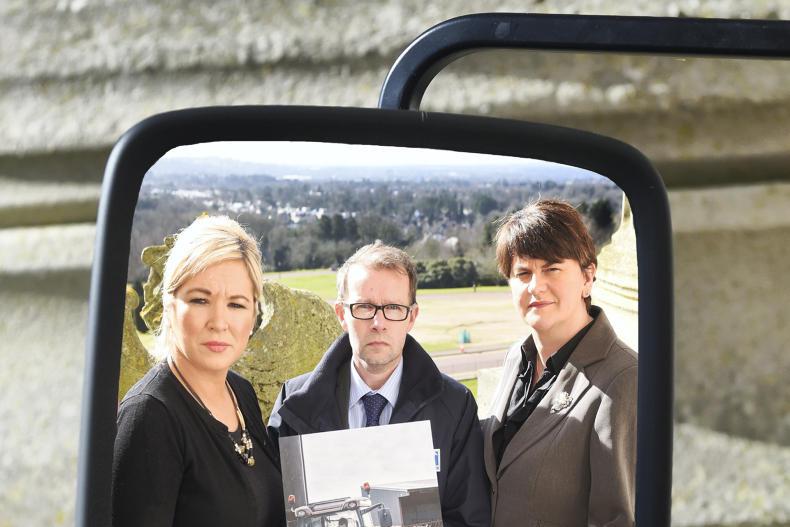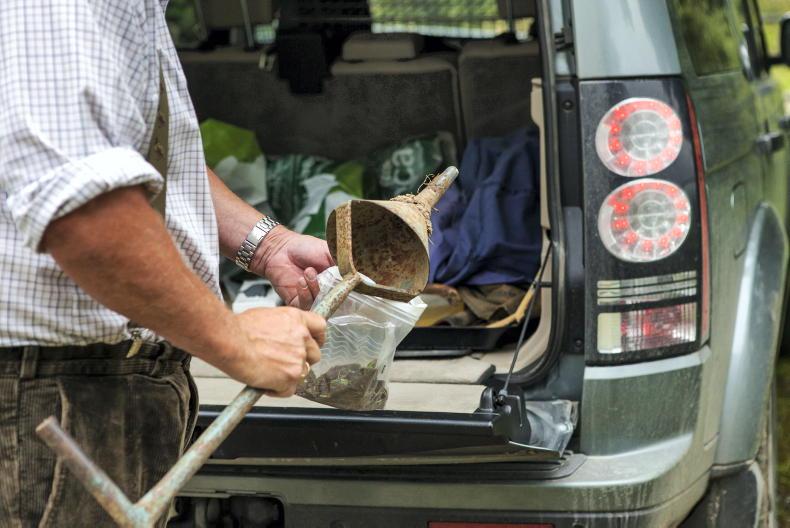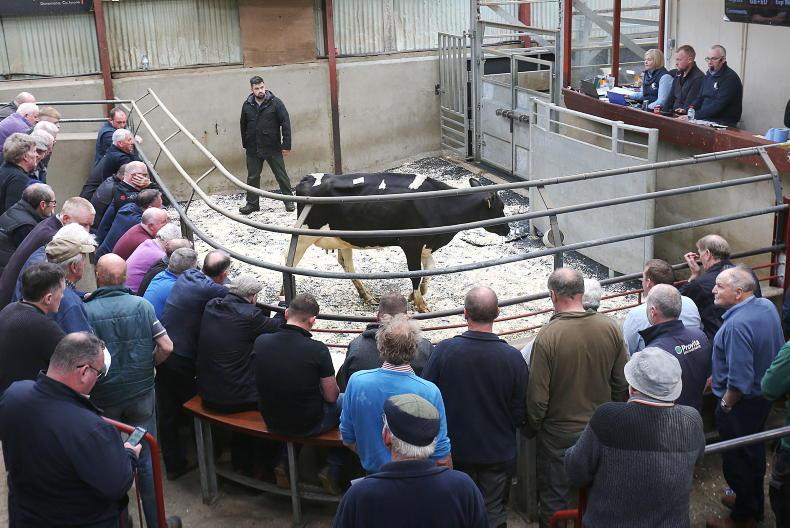The European Commission has announced a further list of member states and regions across Europe that have had their Rural Development Programmes approved.
The latest list published earlier this week includes Ireland, with its EU budget allocation of €2.19bn, Scotland with an allocation of €845m and Wales with a programme worth €656m of EU money. England, with an EU fund worth €3.47bn, had its programme approved in February.
From these islands that just leaves NI, one of the last regions to submit its programme to the European Commission back in October 2014. In total, 51 programmes across Europe have now been approved, representing approximately 62% of the total EU budget for rural development.
The latest indications from sources in Brussels suggest that NI should receive a green light for its plans in July.
If that date is missed, it will be September, given that the Commission effectively closes down during August.
The NI plans include agri-environment schemes, a farm capital grant scheme and also two years of payments to farmers operating in the Severely Disadvantaged Area - the Areas of Natural Constraint (ANC) payment.
Speaking in the Assembly chamber this week Agriculture Minister Michelle O’Neill said that the ANC payment has been informally approved by the Commission with only some minor technical amendments. “We are hopeful of receiving informal approval for more schemes shortly” she said. However, it is only when formal approval is given by the Commission that the various schemes can actually open to farmers.
The Minister also denied that NI was at the “bottom of the pile” when it comes to getting programmes approved. “It is untrue to say that the majority of other member states have had their programmes approved, because that is not the case. The Commission underestimated the fact that it would have to deal with an influx of applications coming forward last year and is struggling to turn all those around and get approvals out” contended the Minister.
In March 2015 DARD received over 300 recommendations and observations from the Commission on the draft document submitted by the Department last October. “My officials have been engaged in a process of negotiation with the Commission to address the comments that were raised and to gain approval for our programme as quickly as possible” said Minister O’Neill.
In the interim, she maintained that officials will continue to work on the necessary business cases and the design of schemes.
Ends










SHARING OPTIONS